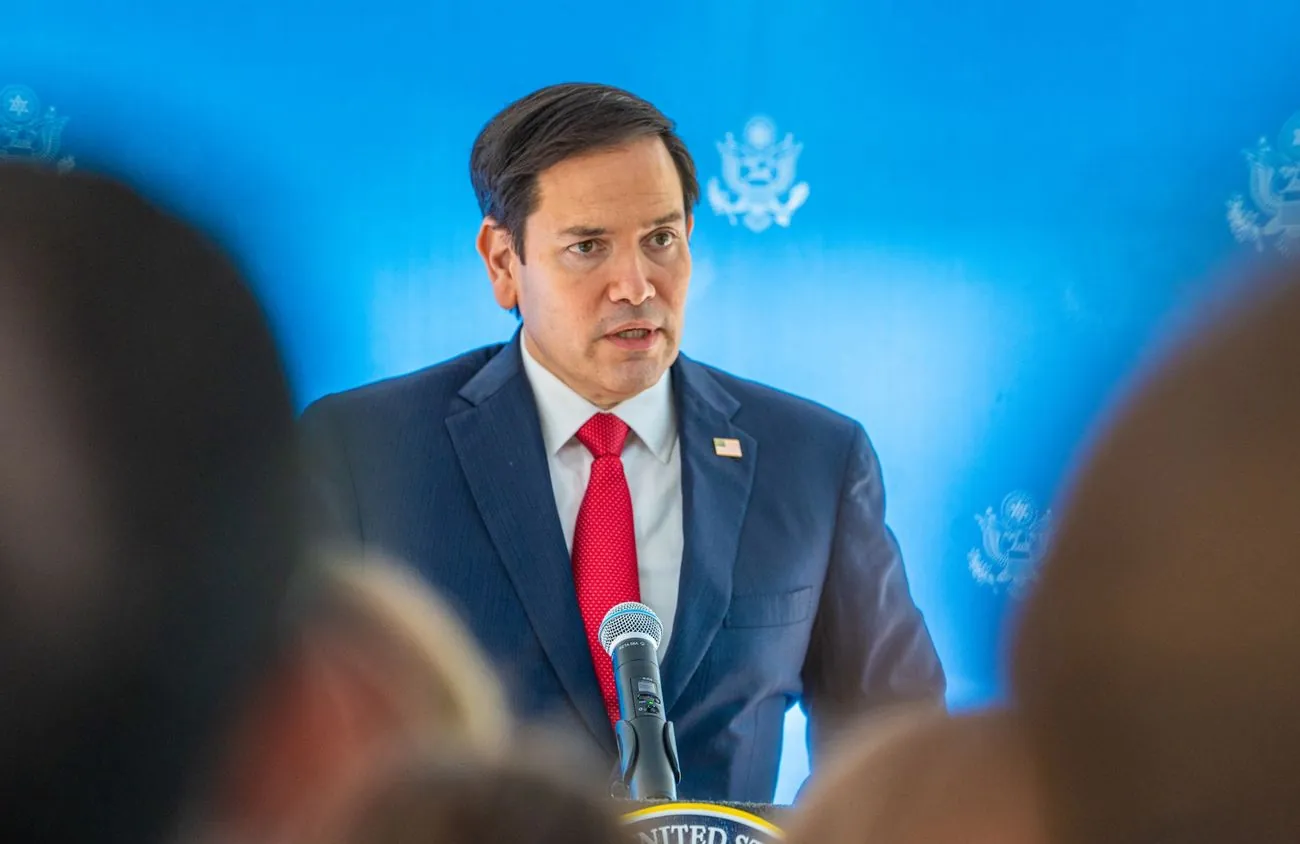“US asks China to stop Iran from closing Strait of HormuzUS Secretary of State Marco Rubio called on China to convince Iran not to close the Strait of Hormuz, an important shipping route.
This move could have serious economic consequences and lead to rising oil prices.”, — write: unn.ua
DetailsHis comments came after Iranian state television Press TV reported that parliament had approved a plan to close the strait, but added that the final decision rests with the Supreme National Security Council.
The Iranian Parliament has voted to close the Strait of Hormuz, through which 20% of the world’s oil passes22.06.25, 16:42 • 137174 views
Any disruption to oil supplies, it is indicated, will have serious consequences for the economy. China, in particular, is the world’s largest buyer of Iranian oil and has close ties with Tehran.
Oil prices rose after the US attack on Iranian nuclear facilities, with benchmark Brent crude reaching its highest level in five months.
Oil jumps to 5-month high after US strikes on Iranian nuclear facilities23.06.25, 08:18 • 2710 views
“I urge the Chinese government in Beijing to call them (Iran) on this matter, because they are highly dependent on the Strait of Hormuz for oil,” Rubio said in an interview with Fox News on Sunday.
“If they [close the strait]… it would be economic suicide for them. And we retain the capabilities to address this issue, but other countries also need to consider it. This will cause much greater damage to the economy of other countries than to ours,” Rubio said.
About 20% of the world’s oil passes through the Strait of Hormuz, and major oil and gas producers in the Middle East use this waterway to transport energy from the region.
Any attempt to disrupt the strait could lead to a sharp increase in world oil prices.
“The US is now mostly on the defensive in the region to be ready for any Iranian counterattacks. But the risk to oil prices is that the situation could seriously escalate,” said Saul Kavonic, head of energy research at MST Financial.
The cost of oil affects everything from the cost of fueling a car to food prices at the supermarket.
China buys more oil from Iran than any other country – according to Vortexa, a vessel tracking company, imports from Iran exceeded 1.8 million barrels per day last month.
Other major Asian economies, including India, Japan, and South Korea, are also heavily dependent on oil flowing through the strait.
Energy analyst Vandana Hari said Iran “has little to gain and too much to lose” from closing the strait.
“Iran risks turning its oil and gas producing neighbors in the Persian Gulf into enemies and angering its key market China by disrupting traffic in the strait,” Hari told BBC News.
On Monday, Beijing said US strikes undermined Washington’s credibility and called for an immediate ceasefire.
China’s ambassador to the UN, Fu Cong, said all parties should restrain the “momentum of force… and adding fuel to the fire,” according to a report by state CCTV.
An editorial in the state-run Beijing newspaper Global Times also stated that US intervention in Iran’s affairs “further complicated and destabilized the situation in the Middle East” and that it was taking the conflict to an “uncontrollable level.”
AdditionThe US joined the conflict between Iran and Israel over the weekend, with President Donald Trump saying Washington had “destroyed” key Tehran nuclear facilities.
However, it is unclear what damage the strikes caused, amidst the UN’s nuclear watchdog stating that it could not assess the damage at the well-fortified underground nuclear facility in Fordow. Iran claimed that Fordow suffered only minor damage.
Trump also warned Iran that “much worse” attacks await it in the future if the country does not abandon its nuclear program.
Satellite images indicate serious damage at Iran’s Fordow nuclear facility, but doubts remain – Reuters6/23/25, 9:58 AM • 1748 views
